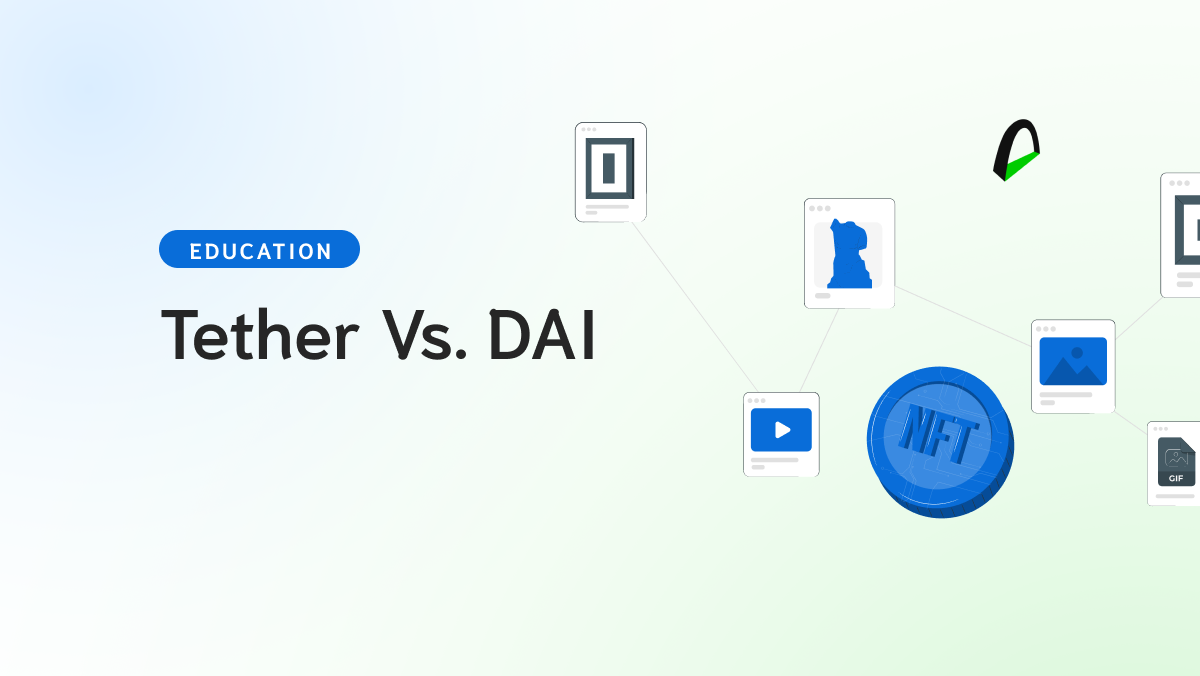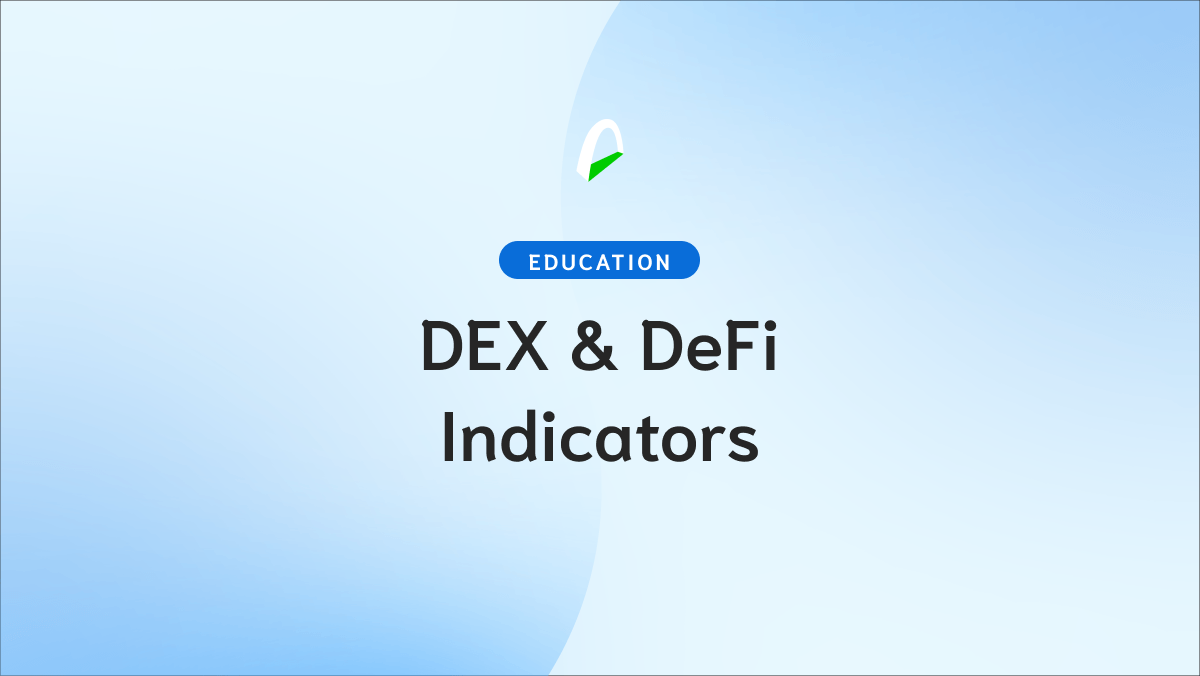Crypto investors often debate Cardano and Ethereum, two blockchain networks with similar offerings.
Both have seen great success as platforms for transactions, smart contracts, and decentralized applications, but which is preferred?
For developers, the Ethereum and Cardano blockchains provide similar capabilities. Both aid in creating custom code (smart contracts) and foster a platform for programs to be launched from (decentralized applications).
Cardano and Ethereum are two of the most popular blockchain platforms, each powered by its proprietary algorithm to facilitate trustless transactions. Both algorithms operate differently but have a common goal—providing secure, cost-effective solutions for transferring data or value between entities on their respective blockchains.
Ethereum and Cardano are two cutting-edge blockchain platforms with defined purposes -- Ethereum provides a platform for developers to build decentralized applications. At the same time, Cardano is an advanced financial system based on cryptocurrency. Both have seen great success since their inception, carving out distinct roles within digital assets.
Cardano is making waves in cryptocurrency as it emerges as a third-generation digital currency. Its unique Proof-of-Stake protocol offers superior security and scalability, setting itself apart from first- and second-generation cryptocurrencies such as Bitcoin and Ethereum.
Main similarities between Ethereum and Cardano
Cardano and Ethereum have become significant players in blockchain technology, allowing users to purchase their transactional coins as investments.
ADA for Cardano and ETH for Ethereum is quickly gaining traction among investors looking towards tokenizing assets and more robust platforms on which developers can build powerful decentralized applications (dApps) with self-executing smart contracts.
Ethereum and Cardano both utilize proof-of-stake consensus mechanisms to create secure blockchains.
Participants who assist in verifying transactions must "stake" their crypto, placing it onto the blockchain as collateral for validation.
By embracing staking, cryptocurrency networks can significantly reduce the energy costs associated with their technological infrastructure.
Unlike Bitcoin's proof-of-work consensus mechanism, which requires large amounts of power for its cryptographic problem-solving process, this way of authenticating transactions is more deeply rooted in sustainable practices and resource conservation.
Ethereum has undergone a monumental shift in its consensus algorithm, transitioning from an energy-intensive proof-of-work system to a more sustainable and efficient proof-of-stake model. This change occurred as of September 2022.
The main differences between Cardano and Ethereum
Ethereum is more established
Ethereum is the pioneering cryptocurrency that has been around longer and continues to be a leader in terms of value. Developmentally, it also stands out due to its advanced smart contracts technology, which helps fulfill contractual agreements with automated protocols.
Cardano is paving the way for novel features and services that put them on par with Ethereum's innovation. This includes their recent addition of smart contracts, a significant breakthrough in blockchain technology first pioneered several years ago by Ethereum.
Supply
ADA is a beloved cryptocurrency, and its total native coin supply of 45 billion coins helps protect the value by ensuring scarcity. This well-known feature has been compared to Bitcoin—which boasts an impressive 21 million hard cap on its currency circulation limit.
Instead of a hard cap on total ETH supply, Ethereum leverages multiple methods to control the amount issued yearly. Additionally, it utilizes mechanisms that enable taking ETH out of circulation - for instance burning any fees paid in gas as part of the payment.
Transaction volumes
Ethereum has become the preferred choice for transactions worldwide, with approximately one million daily transactions processed. Comparatively, Cardano is still lagging at less than 100 thousand daily transacted.
As Ethereum's popularity continues to soar, the costs associated with its use have followed suit. While fees for utilizing both Bitcoin and ETH must be considered when making financial transactions, one can expect a significantly higher expense than opting for the latter cryptocurrency option.
When investing in cryptocurrency, weighing the potential risks and rewards of utilizing ETH for DeFi transactions or smart contracts is essential. With a long-term investment strategy, this detail may be less crucial; however, considering its applicability could significantly impact your outcome.
Scalability
Cardano stands apart among Layer 1 crypto platforms by offering unprecedented scalability. Its blockchain infrastructure is capable of processing far more transactions than Ethereum, making it an ideal choice for users with ambitious requirements.
As Ethereum continues to be a leading blockchain platform, its dynamic capabilities have been put to the test. During times of market stability - processing transactions are seamless.
However, when investors flock to crypto markets in pursuit of profits – Ethereum's infrastructure becomes overwhelmed by high demand and must seek solutions that effectively scale traffic volumes beyond current limitations.
What are Ethereum's advantages
- With its pioneering status, Ethereum seized the opportunity to become a significant player in the crypto-verse. Its ability to run smart contracts allowed it an edge over oncoming competition like Cardano and increased market share among other altcoins.
- With a wide-reaching ecosystem, Ethereum has emerged as an industry leader in decentralized applications. This comprehensive platform facilitates DEXs, lending protocols, and yields farming platforms alongside innovative insurance offerings and NFT marketplace initiatives. According to Leinweber: "Ethereum is unrivaled compared with other cryptocurrency networks when it comes to dApps."
- Ethereum has seen a surge in popularity, resulting in high liquidity. As such, it is an attractive option for those seeking to invest, thanks to its wide-reaching demand and low slippage rate from order placement to completion of sale - making Ethereum the go-to asset class!
What are Cardano advanatges
- Cardano is supported by highly regarded academics and has an engaged community dedicated to positively impacting underprivileged societies. With substantial financial backing, coupled with experienced leadership, it's no wonder Cardano stands out from the competition - its open-source code enables peers to review changes for added transparency and trustworthiness.
- Cardano offers an affordable and energy-efficient blockchain experience compared to Ethereum or Bitcoin. With initial focuses on cost efficiency and conservation, Cardano's transactions remain more budget-friendly than its rivals while also leveraging best practices in responsible resource use.
- Cardano offers unparalleled potential for scaling thanks to its dual-layer architecture. This setup enables it to grow and expand quickly while also allowing adjustments without disrupting payments and other transactions - guaranteeing lightning-fast transaction speeds.
Disadvantages of Ethereum
- Ethereum's current capacity has reached its limit, and developers are working hard to facilitate a smoother user experience with the upcoming release of sharding. Yet this much-anticipated upgrade will not arrive until 2021 - so users must wait patiently before they can benefit from improved scalability on Ethereum's network.
- With the increased demand for crypto transactions, the nightmares of high fees and long wait times have become a glaring reality. This disadvantages Ethereum as its scalability quickly overwhelms it, leading to even more significant transaction issues. As one of the biggest cryptos out there, this poses a unique challenge that needs resolving - fast!
- Ethereum is a unique cryptocurrency, as it does not have any sort of predetermined supply limit. This means that the coin can theoretically keep being minted indefinitely, potentially causing deflationary pressure and negatively affecting its value for long-term investors hoping to see appreciation in their holdings over time. Despite this potential issue, Ethereum remains an attractive option for those wishing to use it primarily for daily transactions due to its lack of restrictions.
Disadvantages of Cardano
- Cardano is an up-and-coming third-generation cryptocurrency that faces fierce competition from many of its peers. Its competitors include Avalanche (AVAX), Cosmos (ATOM), Polkadot (DOT), Solana (SOL), and Tezos(XTZ); yet, Cardano stands out with its unique technology and despite a lack of brand recognition like Bitcoin or Ethereum, continues to make waves in the crypto market.
- Despite being a promising smart contract blockchain, experts report that Cardano still needs to catch up to other more established platforms like Ethereum regarding usability and usage. Consequently, the project has steadily been seeing decreasing adoption in recent times.
- Cardano investment is facing increasing pressure due to a lack of demand. If the crypto winter persists, this could lead to further valuation drops and low liquidity - making it difficult for investors to liquidate their holdings.
Why is Cardano cheap compared to Ethereum?
Investment in either Cardano or Ethereum can be volatile, and it's essential to understand the differences between them and potential underlying risks before taking part.
While these popular cryptocurrencies may have similar applications, their values are vastly different—with Ethereum being worth significantly more than its counterpart due to supply-and-demand dynamics.
Before investing in any cryptocurrency, remember that risk is always involved; make sure you're only putting money into your portfolio that you don't mind potentially losing.
Ethereum is fast becoming the go-to investment option for savvy investors.
With its larger community of developers and the broader ecosystem, Ethereum stands out as a secure long-term choice that promises reliable returns on your investments. But as always, remember to do your research before investing.






